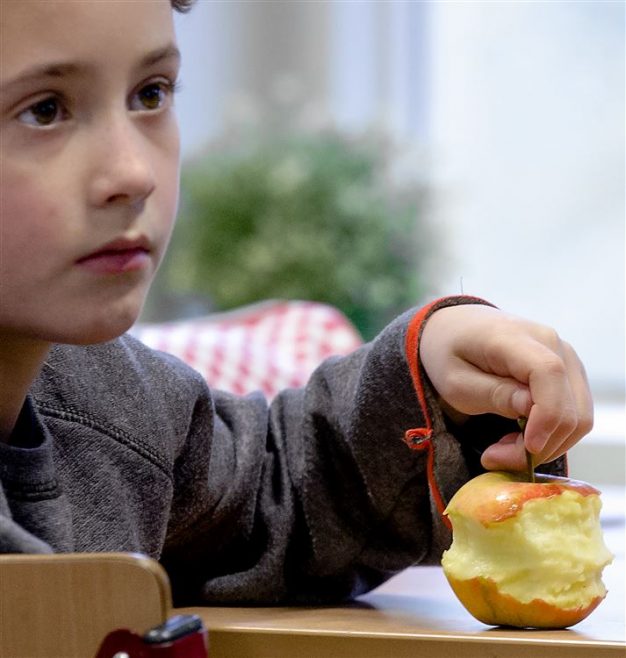
Italy’s Giocampus educates children how to improve their healthy lifestyle
Research shows that childrens’ unhealthy lifestyle is considered to be an accelerating trend. In response, a range of lifestyle interventions has been promoted in many Italian schools in an attempt to teach children the basic principles of healthy nutrition and encourage them to be physically active.
Giocampus
Giorgia Monti, trainee doctor of School of Paediatrics in Parma and who presented at the Child in the City Conference in Zagreb talked about a Giocampus project, which is a multi-areas and multi-partner nutrition and sport educational program.
The program is supported by Town Council, School Inspectorate, Postgraduate School of Paediatrics, Graduate school of Sport and Exercise Sciences of University, Sport Clubs, the food industry and the media.
“Giocampus is an annual Summer Sports School for children aged from 6 to 14 years, which is held at the University of Parma in Italy. It joins physical activities, nutrition education, play and expressive and creative activities.”, explained Monti.
From June to September 3,000 children a year are admitted to the Summer Sport School for a period of time lasting 15 days, where they spend eight hours per day (9 a.m. to 5 p.m., Monday to Friday) in various sports and physical activities (i.e. soccer, volleyball, basketball, artistic dance, tennis, fencing and athletics) under the supervision of professional instructors.
“The program for physical activity involves training in mobility, co-ordination and rhythm, all of which help the children to develop their motor skills as well as a sense of fair play. Also children with disabilities are involved in all activities of the Summer Sport School, under the supervision of specific instructors”, added Monti.
Education for health
Giocampus teachers are supported in the classrooms by specially trained undergraduates studying Nutritional Sciences and Movement Sciences at the University of Parma.
“Known as the ‘taste teachers’, they lead specific classroom games and activities that are designed to facilitate learning through play ‒ thus improving the children’s knowledge about healthy foods and a healthful lifestyle and encouraging them to take up healthy-but-fun behaviours, such as being more physically active together with their peers”, she said.
The Summer Sport School also includes some activities to improve the children’s creativity and personal abilities. During a Summer Sport school day, children eat snacks and lunch together also under the supervision and following a menu suggested by pediatricians and dieticians. The support of local government allows poor and migrant children to access to the Summer Sport School.
“It’s an enjoying and growing experience for children that help them to be in keeping with themselves and their peers thought a continuous education in the reciprocal respect and social relations,” concluded Monti.




